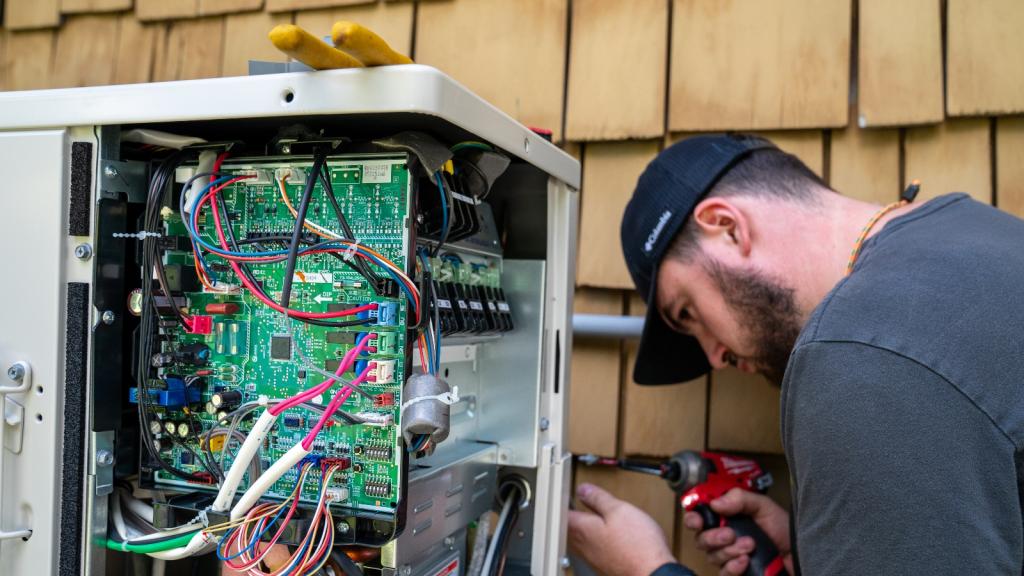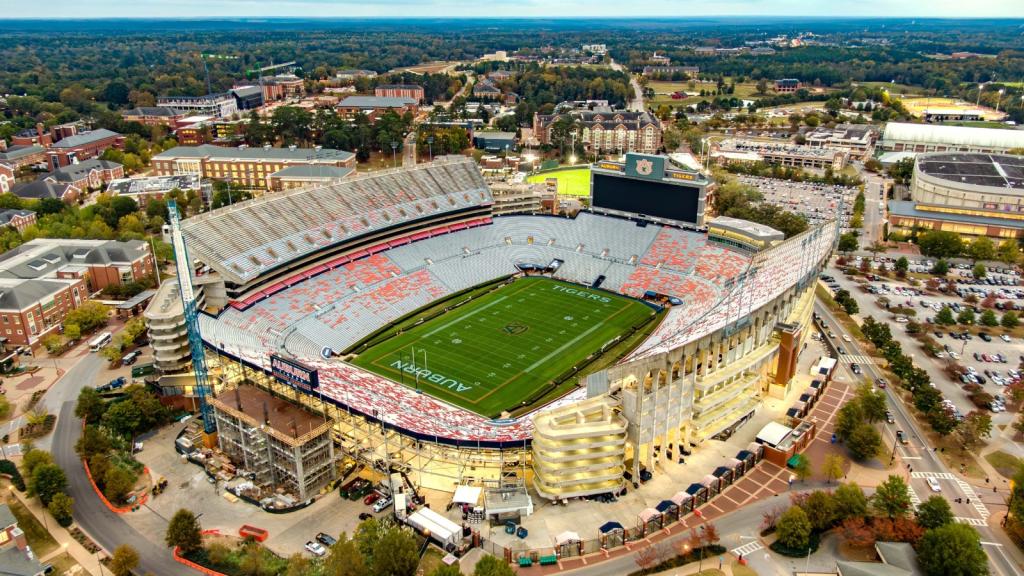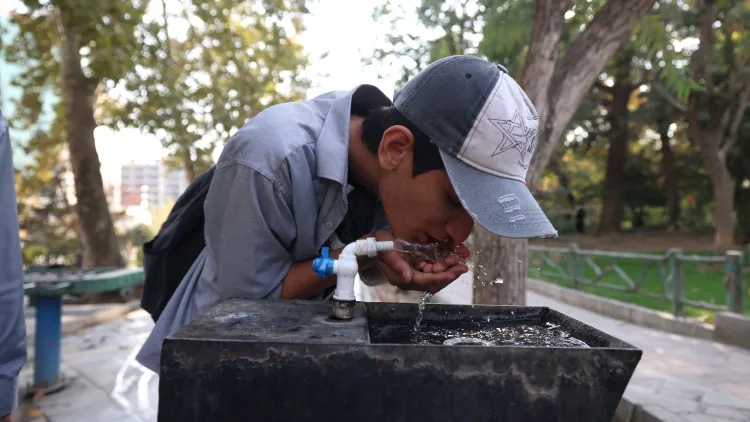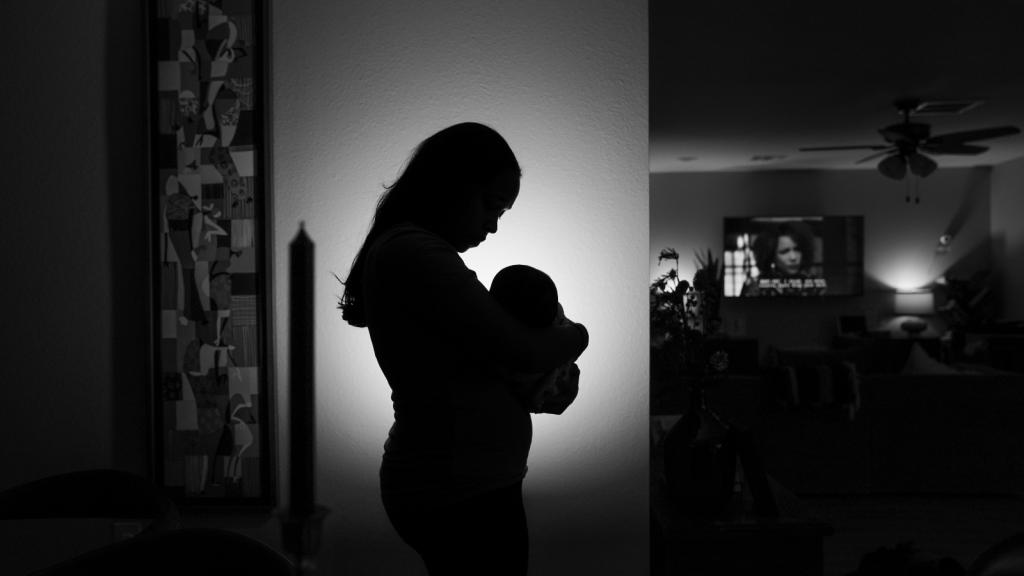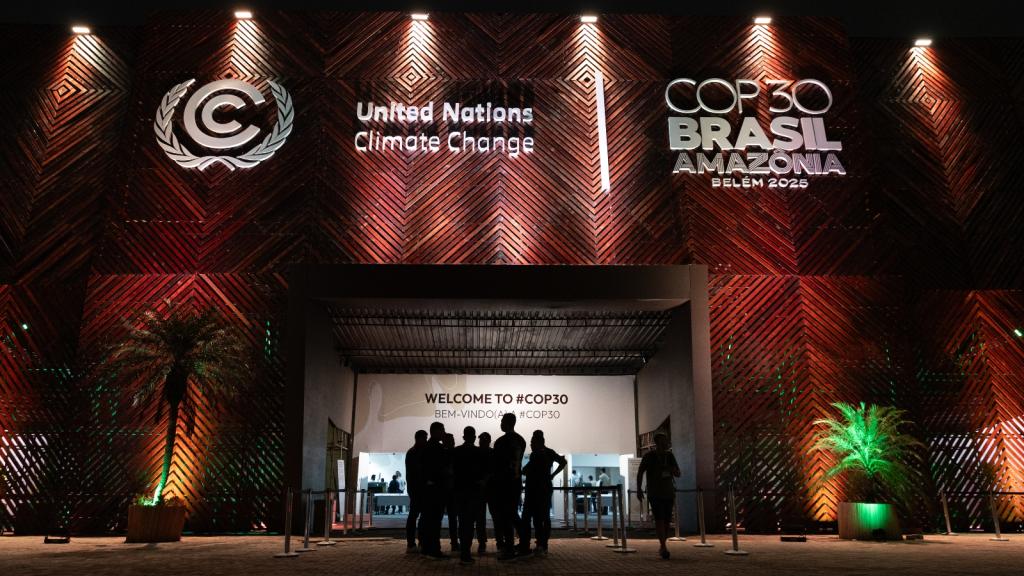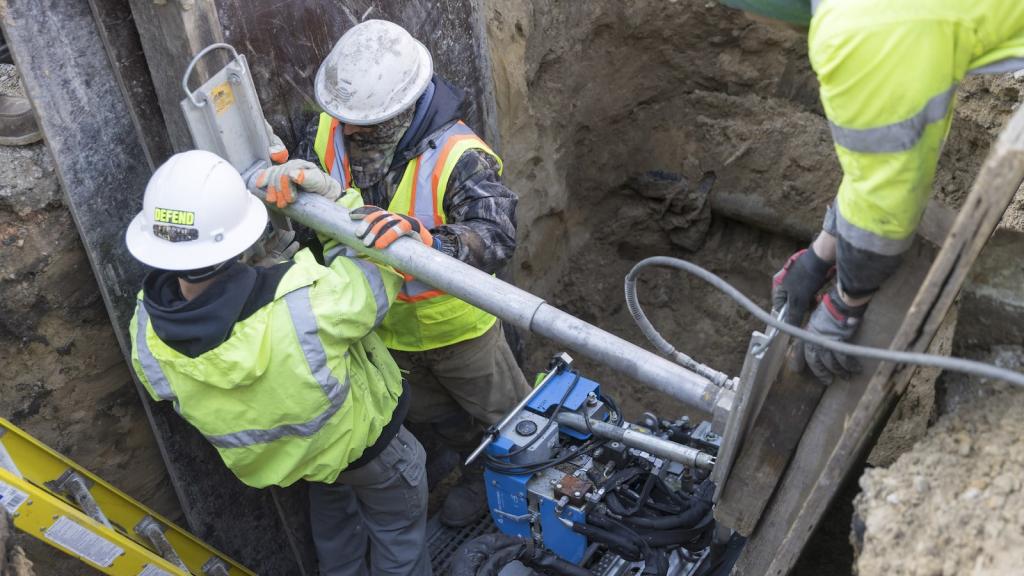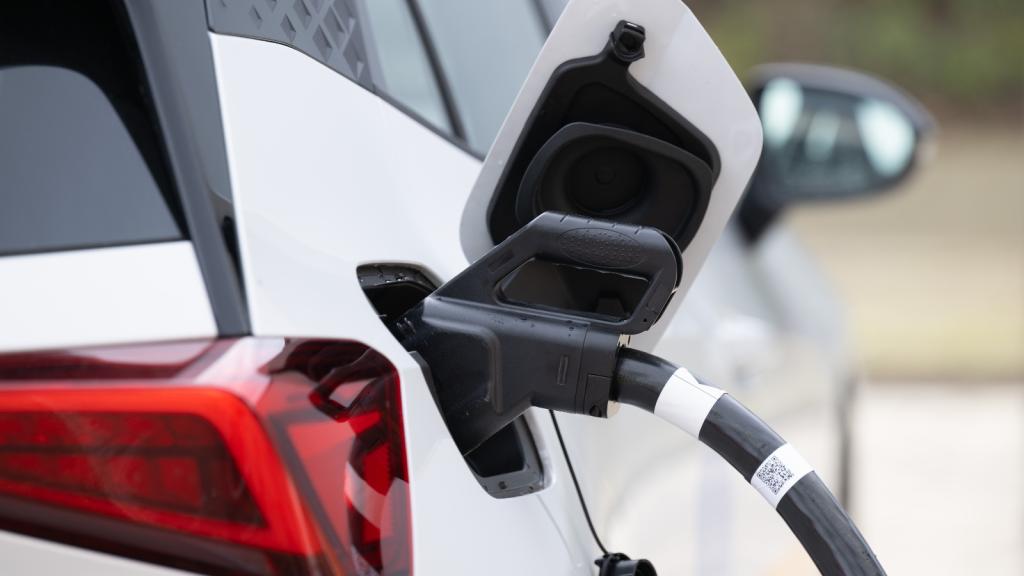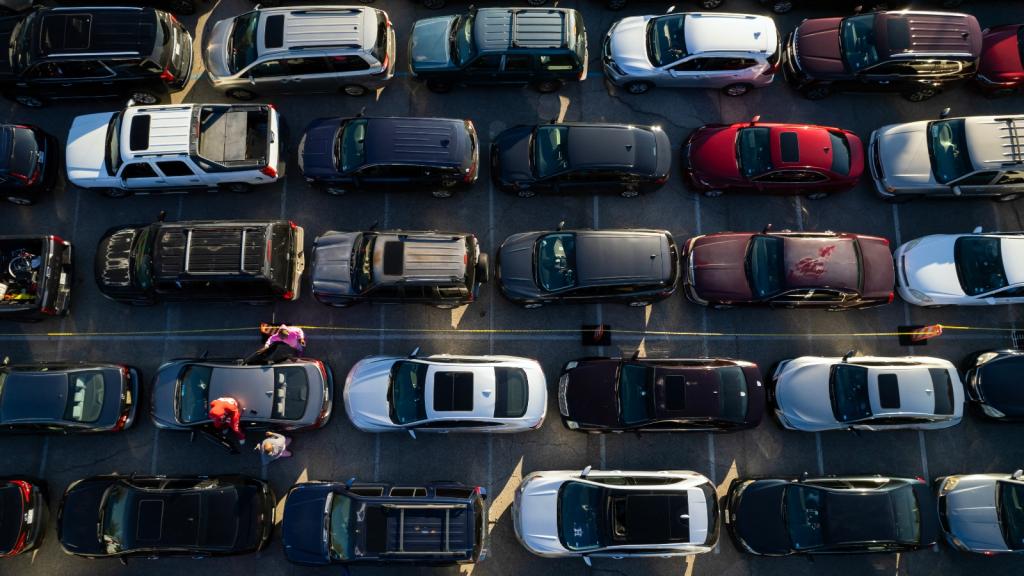Syndicated
-
New England kicks off $450M plan to supercharge heat pump adoption
The program aims to use federal funds awarded under the Biden administration to deploy more than 500,000 heat pumps in the chilly region over the next few years.
-
Scorching Saturdays: The rising heat threat inside football stadiums
Excessive heat and more frequent medical incidents at college football stadiums in the South could be a warning sign for universities across the country.
-
Tehran’s water crisis is a warning for every thirsty city
Why Iran’s capital is running out of water — and why it won’t be the last.
-
The birth of the climate doula
In Florida, a new pilot program teaches doulas how to prepare pregnant people for hurricanes, flooding, and extreme heat — addressing a growing climate and maternal health crisis.
-
‘Everyone is exhausted’: First week of COP30 marked by frustration with slow progress
Experts say stifling bureaucratic procedures that are disconnected from the climate crisis have consistently stalled COP negotiations.
-
‘They’re playing games’: Illinois lawmakers press Trump administration over stalled lead-pipe funding
Congress appropriated $15 billion to replace lead pipes across the country. Is the Trump administration withholding it?
-
The EV battery tech that’s worth the hype, according to experts
Major battery breakthroughs seemingly happen every day, but only some of that tech ever leaves the lab. WIRED breaks down what’s actually going to change EVs and what’s just a dream.
-
Trump’s anti-climate agenda is making it more expensive to own a car
The president hates EVs. But his policies are making gas cars more expensive, too.
-
Teachers unions leverage contracts to fight climate change
As federal support and financial incentives for climate action wither, this sort of local action is becoming more difficult but also more urgent, advocates say.
